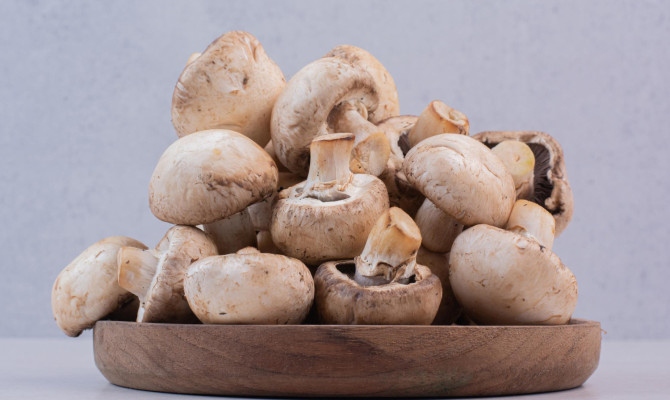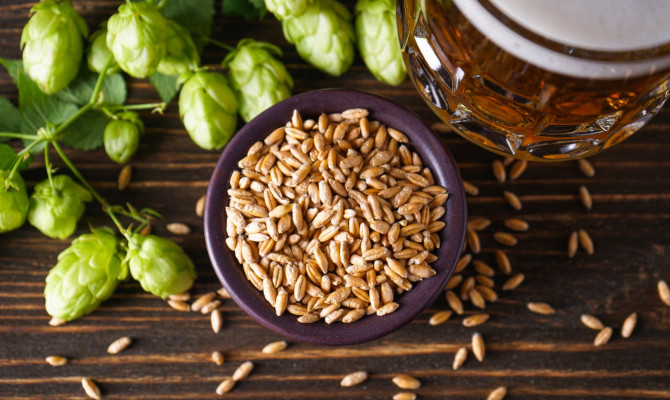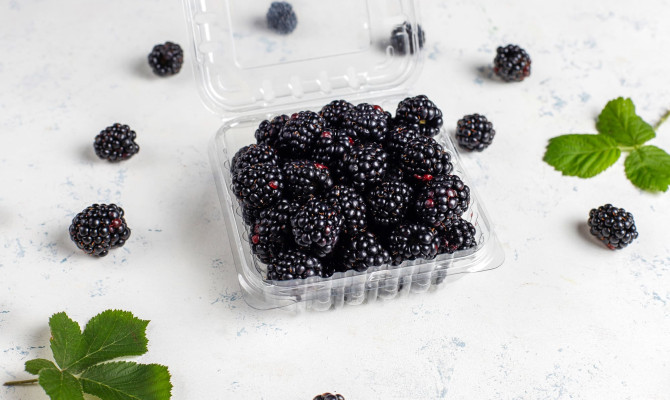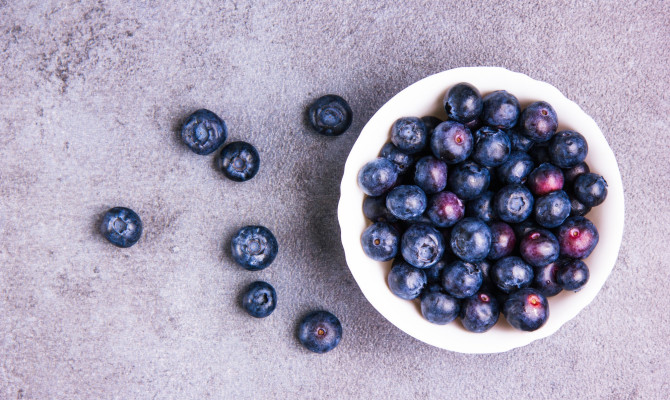Arugula : Health Benefits and Nutrition

- Arugula
- 17 Aug 2023
Overview
What is Arugula?
Arugula is a leafy green vegetable commonly referred to as rocket or roquette. Along with kale, cauliflower, Brussels sprouts, and broccoli, they are cruciferous vegetables. It is frequently used in culinary preparations worldwide and is well known for its distinct, peppery flavor. Arugula has many health advantages besides its gastronomic appeal because of its high vitamin content.
This article looks at arugula’s potential health advantages, nutritional breakdown, dietary addition, and possible risks.

Key Facts
- Other names for this plant include Italian cress, salad rocket, garden rocket, and rucola.
- It belongs to Cruciferae or Brassicaceae family.1Overview| Researched based study from Pfaf.org
- Eruca vesicaria sativa is its botanical name.
- Eastern Mediterranean and Western Asia are considered their places of origin.
- Taramira oil, often called Jamba oil, is produced from the seeds of Eruca sativa, also known as taramira.2Overview| Researched based study from Springer.com
Nutrition
Arugula nutrition profile
- Arugula is a great addition to a balanced diet because it is an excellent source of vital nutrients.
- It has high levels of vitamins A, C, and K while being a low-calorie vegetable.
- These vitamins are essential for maintaining immune system health, collagen production, eye health, and blood clotting.
- Arugula is a wonderful source of calcium, dietary fiber, potassium, and folate, all promoting general health and well-being.
Nutritional value
100 grams of raw arugula contains:
- Calories – 25 kcal
- Water – 91.7 g
- Fat – 0.7 g
- Protein – 2.58 g
- Fiber – 1.6 g
- Carbohydrates – 3.7 g 3Nutrition| Researched based study from Usda.gov
Minerals
- Potassium – 369 mg
- Calcium – 160 mg
- Phosphorus – 52 mg
- Magnesium – 47 mg
- Sodium – 27 mg
- Iron – 1.46 mg
- Zinc – 0.47 mg
- Manganese – 0.321 mg
- Copper – 0.076 mg
- Selenium – 0.3 µg 3Nutrition| Researched based study from Usda.gov
Vitamins
- Vitamin C – 15 mg
- Thiamin – 0.044 mg
- Riboflavin – 0.086 mg
- Niacin – 0.305 mg
- Pantothenic acid – 0.437 mg
- Vitamin B6 – 0.073 mg
- Folate – 97 µg
- Vitamin A – 2370 IU
- Vitamin E – 0.43 mg
- Vitamin K – 109 µg
Other nutrients
- Choline – 15.3 mg
- Betaine – 0.1 mg
- Lutein and zeaxanthin – 3560 µg
- Beta carotene – 1420 µg 3Nutrition| Researched based study from Usda.gov
Health Benefits
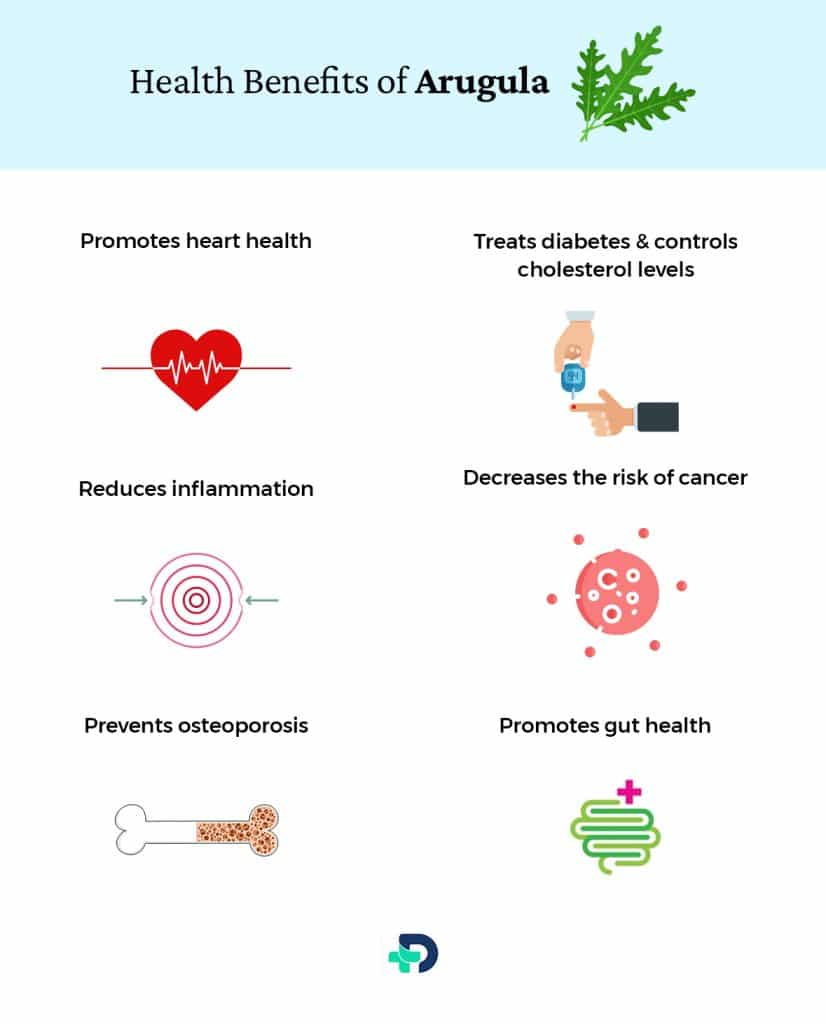
Health Benefits of Arugula
A few of the arugula benefits are mentioned below:
- Promotes heart health
- Treats diabetes
- Controls blood cholesterol
- Reduces inflammation
- Decreases the risk of cancer
- Prevents osteoporosis
- Promotes gut health
Promotes heart health
- The antiplatelet action of rocket extract prevents platelet activation and aggregation and stops the release of inflammatory mediators, supporting heart health.4Health benefits| Researched based study from Nlm.nih.gov
Treats diabetes and controls cholesterol levels
- For all age groups, arugula can decrease cholesterol and blood sugar levels in various ways.5Health benefits| Researched based study from Ss-pub.org
Reduces inflammation
- Due to its high antioxidant content, which includes vitamin C and flavonoids, it aids in reducing inflammation and oxidative stress in the body.
- When used as a dietary supplement for any illness, inflammation plays a significant role, including inflammation of neural tissue.6Health benefits| Researched based study from Nlm.nih.gov
Decreases the risk of cancer
- A study demonstrated that erucin isolated from E. sativa and D. tenuifolia had an anti-proliferative impact on human lung cancer cells.7Health benefits| Researched based study from Nlm.nih.gov
- Glucosinolates are also present in arugula, giving their spicy flavor and bitter taste, and may shield a person from developing some cancers, such as lung, prostate, breast, and colon cancers.
Prevents osteoporosis
- Its high vitamin K concentration increases bone density and the body’s calcium absorption, lowering the risk of osteoporosis 8Health benefits| Researched based study from Nlm.nih.gov
Promotes gut health
- A healthy weight can be maintained, and the amount of dietary fiber aids digestion.
Spinach vs. Arugula
What is the healthier option Spinach or Arugula?
- Compared to arugula leaves, spinach leaves are denser, darker in color, and thicker.
- When compared to arugula, spinach fills up less space per 100 grams (3.5 cups vs. 5 cups). 9Spinach vs arugula| Researched based study from Usda.gov
- The calories, protein, and fiber in both veggies are similar.
- However, mineral and vitamin content favor spinach, except for calcium, that’s more abundant in arugula.
- The vitamins A, C, K, folate, magnesium, potassium, manganese, and iron in spinach are higher.
- Therefore, when comparing the nutritional content of the two, spinach remains healthier than arugula.
Uses
Culinary uses
- The distinctive flavor of arugula gives a variety of food preparations an incredible zest.
- Its peppery flavor makes it great with sandwiches, fresh salads, pasta, and pizza.
- People can eat the leaves raw or lightly wilted for a milder flavor.
- Arugula is adaptable in various recipes and goes well with different foods, including cheeses, fruits, nuts, and meats.
Side effects
Arugula side effects
Arugula, when consumed in excess, can lead to the following adverse reactions in some people:
- Flatulence
- Bloating
- Abdominal pain
- Heartburn
Precautions
Precautions
Although most people find arugula harmless, some people can experience allergic responses, particularly to raw arugula. To be safe, testing it out in low quantities is advisable.
- Due to its strong flavor, some people might not eat arugula.
- Fresh arugula leaves should be bright green and free of yellowing.
- Skip the arugula if it has any slimy areas, bruising, dark spots, or moist leaves because they are signs that it is starting to spoil.
- The bacteria can turn the vegetable’s nitrate content into nitrite if improperly kept, which is dangerous for humans to consume at high levels.
- People who take blood thinners like warfarin should avoid starting to take arugula or increasing its quantity of intake as they contain high levels of vitamin K and can make the blood thinner drug less effective. 10Precautions| Researched based study from Pennmedicine.org
- Remember that excessive amounts of nitrate-rich foods may interact with some prescription medicines like nitroglycerin or nitrite medicines used to treat angina.11Precautions| Researched based study from Nlm.nih.gov
- It’s crucial to remember that the total diet and eating habits are essential when picking meals for maintaining good health and preventing sickness.
Bottom Line
The Bottom Line
Arugula has earned its place as a favored leafy green in cuisines worldwide thanks to its distinctive peppery flavor, unique nutritional profile, and various health advantages. Its simplicity in cultivation further entices ardent home gardeners to discover the delights of raising their greens. Arugula provides a delicious culinary experience while enhancing a person’s general well-being. One may enjoy arugula’s distinct flavor and benefit from its wealth of nutrients by including it in their diet regularly, which will help them live a healthy lifestyle. With all that said, a diet should be higher in a range of nutrient-dense foods than one focusing on a single ingredient.
Any feedback on this article?
 This Articles content was accurate
This Articles content was accurate Very Informative Article
Very Informative Article I have a question or a comment
I have a question or a comment
 This article contains inaccurate content
This article contains inaccurate content This article was not helpful
This article was not helpful I have a question or a comment
I have a question or a comment
We appreciate your helpful feedback!
Checkout our social pages
References
-
Plants For A Future
Eruca vesicaria sativa - (Mill.)Thell. | Overview
-
Springer Nature
The composition of seed and seed oils of taramira(Eruca sativa) | Overview
-
U.S. DEPARTMENT OF AGRICULTURE
Arugula, raw | Nutrition
-
National Library of Medicine
A Novel Role of Eruca sativa Mill. (Rocket) Extract: Antiplatelet (NF-κB Inhibition) and Antithrombotic Activities | Health Benefits
-
SCIENCE SIGNPOST PUBLISHING INC
Arugula- The Green Solution for Diabetics and Cholesterol | Health Benefits
-
National Library of Medicine
Eruca sativa seed extract: A novel natural product able to counteract neuroinflammation | Health Benefits
-
National Library of Medicine
Nitrates and Glucosinolates as Strong Determinants of the Nutritional Quality in Rocket Leafy Salads | Health Benefits
-
National Library of Medicine
Proper Calcium Use: Vitamin K2 as a Promoter of Bone and Cardiovascular Health | Health Benefits
-
U.S. DEPARTMENT OF AGRICULTURE
Spinach, raw | Spinach vs arugula
-
Penn Medicine
The Truth About Blood Thinners, Leafy Greens, And Vitamin K | Precautions
-
National Library of Medicine
Time course of the interaction between tadalafil and nitrates | Precautions


























